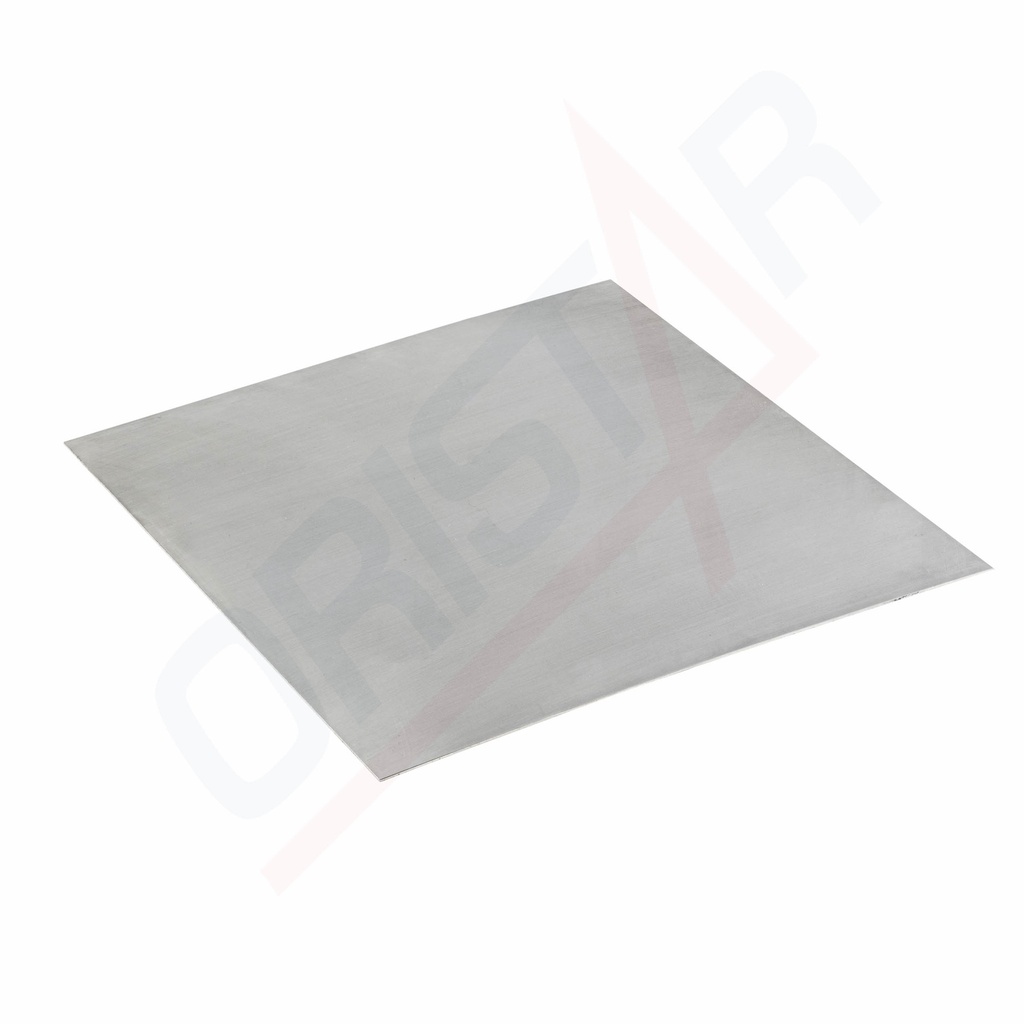THÔNG TIN CƠ BẢN
Aluminum W13C1 is a high-purity aluminum, belonging to the non-alloy aluminum group. This aluminum is mainly used in applications that require good mechanical properties and corrosion resistance, as well as high electrical and thermal conductivity.
Key Characteristics of Aluminum W13C1:
- Chemical Composition:
- W13C1 primarily consists of aluminum (Al) with high purity, along with very small amounts of other elements such as iron (Fe), silicon (Si), and copper (Cu).
- Physical Properties:
- Corrosion Resistance: W13C1 has good corrosion resistance, especially in air and fresh water environments.
- Electrical and Thermal Conductivity: With high purity, W13C1 provides excellent electrical and thermal conductivity.
- Ductility: W13C1 is highly ductile, making it easy to roll, bend, and fabricate into various shapes.
- Mechanical Strength: Although it has lower mechanical strength compared to aluminum alloys, W13C1 is adequate for many applications that do not require high load-bearing capacity.
- Applications:
- Electrical and Electronics Industry: Used in electrical conductors, capacitors, and electronic components due to its high electrical conductivity.
- Food Packaging: Suitable for food packaging and foil due to its corrosion resistance and safety for health.
- Construction and Decoration: Employed in construction and interior decoration due to its ease of fabrication and bright surface finish.
- Household Items: Used in household products such as cookware, pans, and other kitchen appliances.
- Shape and Size:
- W13C1 aluminum is commonly supplied in forms such as sheets, coils, or wires and can be fabricated into various shapes depending on the application requirements.
Manufacturing and Processing:
- W13C1 aluminum is produced through hot and cold rolling processes to achieve the desired thickness and shape. It can be processed using methods such as welding, cutting, and bending.
(Source: Internet)
Key Characteristics of Aluminum W13C1:
- Chemical Composition:
- W13C1 primarily consists of aluminum (Al) with high purity, along with very small amounts of other elements such as iron (Fe), silicon (Si), and copper (Cu).
- Physical Properties:
- Corrosion Resistance: W13C1 has good corrosion resistance, especially in air and fresh water environments.
- Electrical and Thermal Conductivity: With high purity, W13C1 provides excellent electrical and thermal conductivity.
- Ductility: W13C1 is highly ductile, making it easy to roll, bend, and fabricate into various shapes.
- Mechanical Strength: Although it has lower mechanical strength compared to aluminum alloys, W13C1 is adequate for many applications that do not require high load-bearing capacity.
- Applications:
- Electrical and Electronics Industry: Used in electrical conductors, capacitors, and electronic components due to its high electrical conductivity.
- Food Packaging: Suitable for food packaging and foil due to its corrosion resistance and safety for health.
- Construction and Decoration: Employed in construction and interior decoration due to its ease of fabrication and bright surface finish.
- Household Items: Used in household products such as cookware, pans, and other kitchen appliances.
- Shape and Size:
- W13C1 aluminum is commonly supplied in forms such as sheets, coils, or wires and can be fabricated into various shapes depending on the application requirements.
Manufacturing and Processing:
- W13C1 aluminum is produced through hot and cold rolling processes to achieve the desired thickness and shape. It can be processed using methods such as welding, cutting, and bending.
(Source: Internet)



